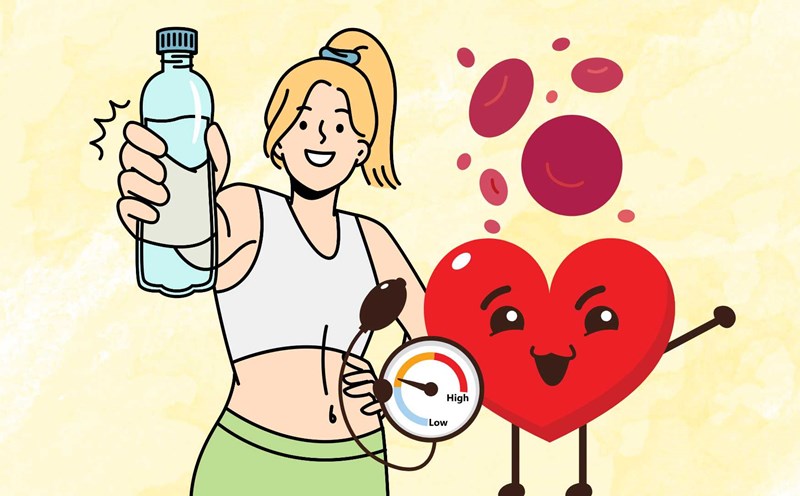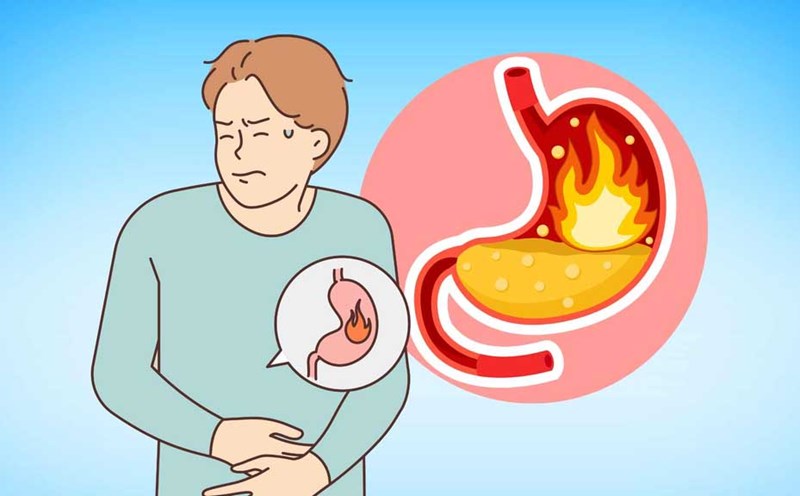One of the most harmful sleep habits, especially in the elderly, is not getting enough sleep. According to Eat This, Not That, just one night of lack of sleep can trigger genes involved in the biological aging process, making you look older and feel tired.
Not only affecting appearance, lack of sleep is also associated with a series of health problems. According to the National Heart, Lung and Blood Institute of America, frequent insomnia can increase the risk of heart disease, type 2 diabetes, depression and obesity.
Sleep is not simply a rest, that is when the body and brain enter the stage of recovery and rejuvenation at the cell level. During this time, cells produce a lot of protein, an important ingredient for tissue repair and regeneration. At the same time, while sleeping, melasma fluid also works actively to remove toxic substances accumulated in the brain, including beta-amyloid protein - a factor contributing to Alzheimer's disease.
To ensure you have a good night's sleep, you need to turn off your power or put your electronic devices on for 30 to 60 minutes before bed and give your nervous system time to relax by reading a good book. You can also do gentle stretching movements to make it easier for your body to fall asleep.











